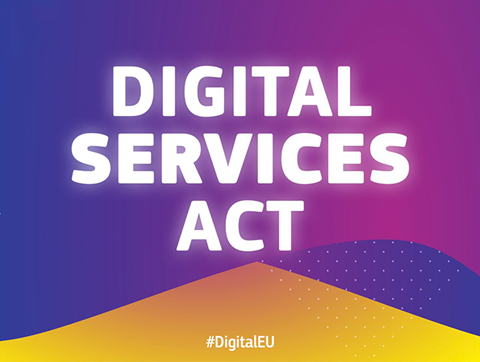The Digital Services Act, aimed at curbing the spread of illegal content online and creating a safe online environment for all, will start applying to all internet intermediaries in the EU from Saturday.
The Digital Services Act has already been applied since the end of August 2023 to 19 very large online platforms and search engines that have an average of more than 45 million monthly users.
Three other platforms designated as very large online platforms in December 2023 must fulfill the strictest obligations of the Digital Services Act by the end of April.
“Starting tomorrow, the Digital Services Act will apply to all internet platforms accessed by users in the EU. Users, member states, and platforms can now use tools from the Digital Services Act to shape a safer and more transparent internet,” said Executive Vice President of the Commission Margrethe Vestager.
“Tomorrow marks a new era. A safer online space, transparency and accountability, better protection against illegal content, and empowerment of users,” said Commissioner for the Internal Market Thierry Breton.
Platforms not designated as very large online platforms or very large online search engines will be under the supervision, at the member state level, of an independent regulatory body acting as a national coordinator for digital services (DSC).
National coordinators will be responsible for ensuring that these platforms operate in accordance with the rules. DSCs will monitor and enforce the Digital Services Act for platforms established in their country.
The Digital Services Act imposes greater transparency in content moderation and sets rules to end opaque and deceptive practices on the internet. These provisions apply to all hosting service providers, online marketplaces, and platforms operating in the EU.
Together with the Digital Markets Act, the Digital Services Act represents a milestone in internet regulation. These two laws aim to create safer online environments, establish clear responsibilities for platforms such as online marketplaces and social media, and address current challenges in the digital environment, including illegal products, hate speech, and misinformation, as well as transparent delivery and control of data.








